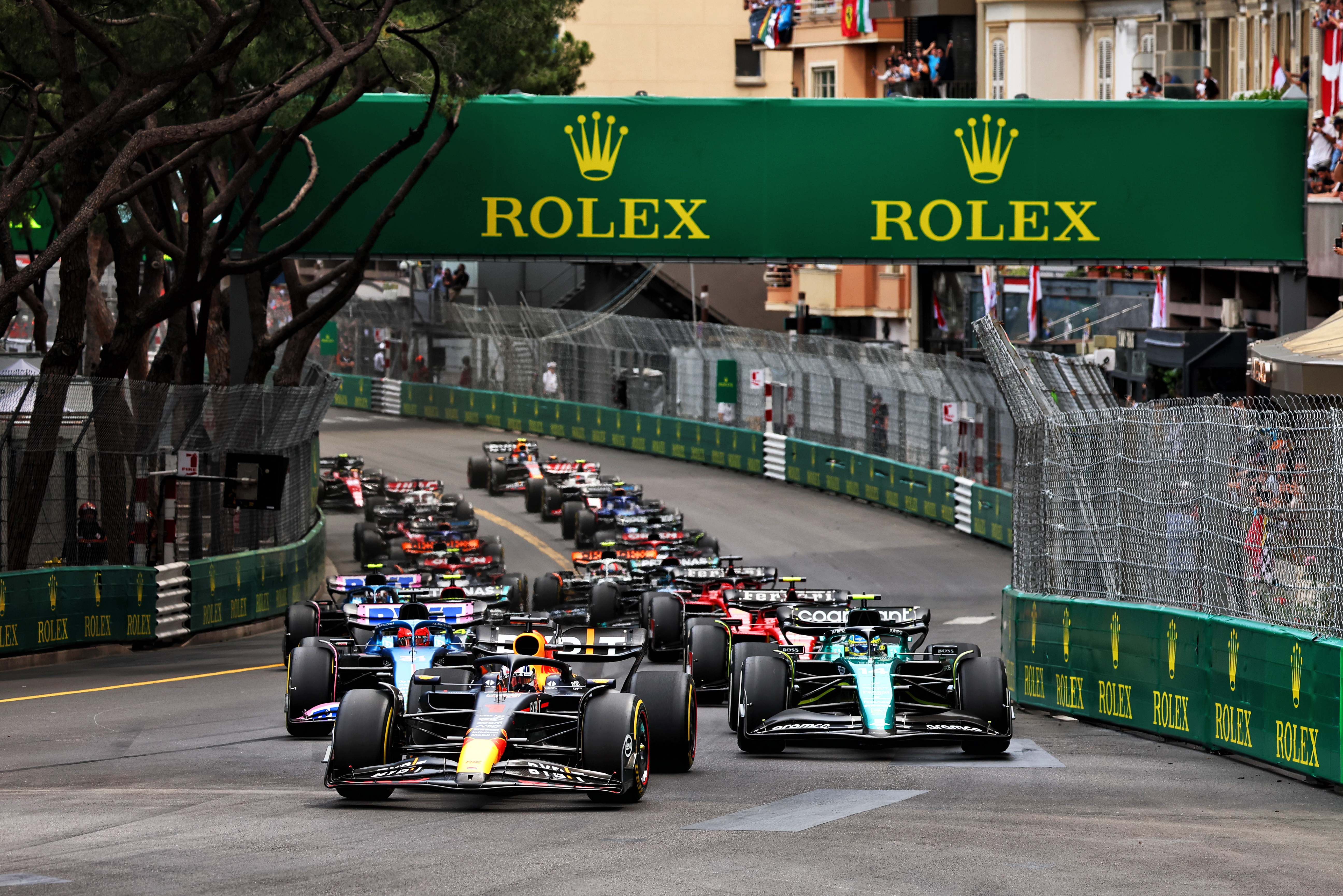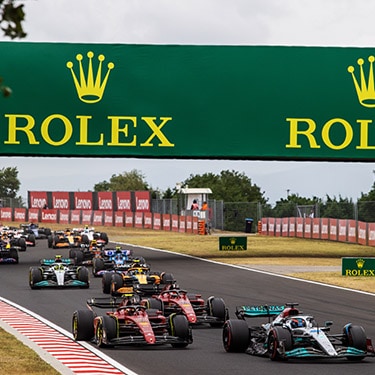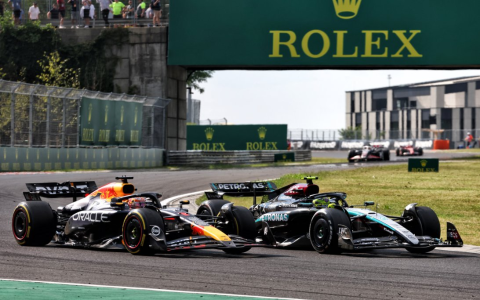So, I’ve been following F1 for a while, and I always keep an eye on who’s sponsoring what. I noticed a change recently, and it’s pretty big news in the F1 world. It’s all about Rolex and this company called LVMH.

I was looking into it, and it turns out Rolex has been a huge sponsor for F1 since 2013. They were like the official timekeepers and everything, always showing up with their fancy watches. I remember seeing them everywhere – on the tracks, on the drivers, you name it. They were really pushing the whole idea of innovative technology and the long history of F1, associating their brand with all that.
But get this, I read somewhere that LVMH, this massive luxury goods group, they’ve signed a deal to take over from Rolex. I started digging around to find out how much this deal was for, and some sources say it could be worth like a billion dollars. It’s like the F1 has decided to go with them instead of Rolex now.
I started thinking about why this might be. Rolex, they were paying something like 10 million dollars a year at first, and then it went up to 50 million dollars a season. That is a ton of cash, even for F1. But it’s like, maybe LVMH offered even more, or maybe they have a different kind of strategy they want to bring to F1.
And then I remembered something about a driver, Jules Bianchi. I was looking up some old races, and I read that he had a really bad crash at the Japanese Grand Prix back in 2014. He was using car number 17, and tragically, he passed away from his injuries later. It was a really sad time for the sport. After that, F1 decided to retire number 17 as a mark of respect. It’s one of those things that sticks with you, you know? It also reminded me how dangerous this sport can be, even with all the technology and safety measures.
I thought about how important timekeeping is in F1. Like, it’s not just about the watches, it’s about the precision, the split-second decisions, the whole timing system of the races. I was reading that there is a lot of technology transfer from F1 to normal cars.

So, this whole Rolex to LVMH thing, it’s a big shift. It makes you think about the money involved in F1, the sponsorships, and how things are always changing. I’m curious to see what LVMH does with their sponsorship, and how it might change things up in the F1 world. It’s definitely a new era, and I’m going to be watching closely to see how it all unfolds.
- Followed F1 news and noticed the sponsorship change.
- Researched Rolex’s history as an F1 sponsor.
- Read about LVMH’s new deal and its potential value.
- Considered the financial implications of the change.
- Recalled the Jules Bianchi tragedy and its impact on the sport.
- Reflected on the importance of timekeeping in F1.
- Speculated about LVMH’s future plans for their sponsorship.
Here’s what I did:
It was a bit of a journey, digging into all this, but it really got me thinking about the business side of F1 and how these big sponsorships shape the sport. Plus, remembering Jules Bianchi was a somber reminder of the human element in this high-speed world. Overall, it’s been a fascinating dive into the ever-evolving world of Formula 1. I am sure that this is going to be a good change for Formula 1.



